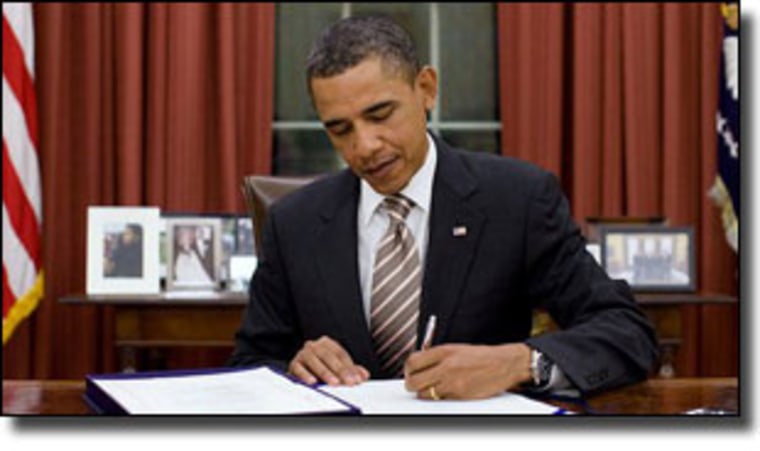Some might call this a great example of "big government." Others might call it a life saver.
The Food And Drug Administration is exercising some newly-acquired muscle. It is single-handedly shutting down Sunland, Inc., the nation's biggest organic peanut butter processor, located in New Mexico.
The FDA would normally have to go to court to suspend the company's registration. But Congress passed a new food safety law last year allowing the FDA to take action directly if there's a "reasonable probability" of a health threat. The FDA's dealing with its first serious outbreak under the new law.
The FDA says 41 people in 20 states, most of them children, got sick after eating peanut butter manufactured at the Sunland plant. The tainted peanut butter was sold at Trader Joe's grocery chain.
Consumers should probably be glad "big government" stepped in for a couple of reasons. First, the Associated Press reports Sunland had planned to reopen the plant on Tuesday.
Second, federal inspectors found samples of salmonella in 28 different locations in the plant since October. Sunland had conducted internal tests, but the FDA says those tests failed to find salmonella when it was present. Sunland denies it ever knowingly shipped tainted products.
Here's what the FDA inspectors say they found at the plant:
- Employees putting bare fingers into jars before filling
- Open bags of ingredients
- Dirty equipment
- Uncovered trailers of peanuts exposed to rain and birds
That list is actually pretty tame considering some of the nasty stories of tainted food in U.S. history. Upton Sinclair's The Jungle exposed gut-churning practices in the meat-packing industry in 1905. Just one year later, Congress passed a law that still keeps us safe, the Pure Food and Drug Act of 1906.
The law didn't fix food processing, but it allowed unprecedented regulation. Can private companies be trusted to keep food safe? Can the market react quickly enough to an outbreak? Decide for yourself. Here's a list of the 10 deadliest food or waterborne outbreaks in U.S. history from the aptly named "Food Safety News":
Oysters from Long Island, N.Y., held in polluted waters, sickened more than 1,500 in New York, Chicago, and Washington, D.C.--150 died.
A public water source in Ithaca, N.Y., was polluted from a dam construction site, resulting in typhoid outbreak involving 1,350 people; 82 were killed, including 29 Cornell University students.
Raw milk delivered door-to-door in the Boston area was responsible for a strep outbreak; 48 people died.
“Rocky Ford” cantaloupes from Colorado became contaminated, probably in the packing facility, sickening at least 146 in 28 states; 36 died.
Mexican cheese made by a Los Angeles company sickened mostly Hispanic women, many who were pregnant; 28 died.
Raw milk delivered door-to-door in Portland, OR was contaminated; 22 killed.
Ball Park hot dogs and Sara Lee deli meats were recalled after Listeria was found in the Michigan processing plant; 21 killed.
Canned ripe olives from California sold to inland states were contaminated and caused outbreaks in three states; 19 died.
9. Salmonella typhimurium, 2008-09
Peanut butter and paste contaminated with S. Typhimurium caused at least 714 illness in 46 states; 9 killed.
10. Listeria, 2002
Sliced turkey meats from Pilgrim’s Pride were responsible for a multiple state outbreak; 8 killed.
